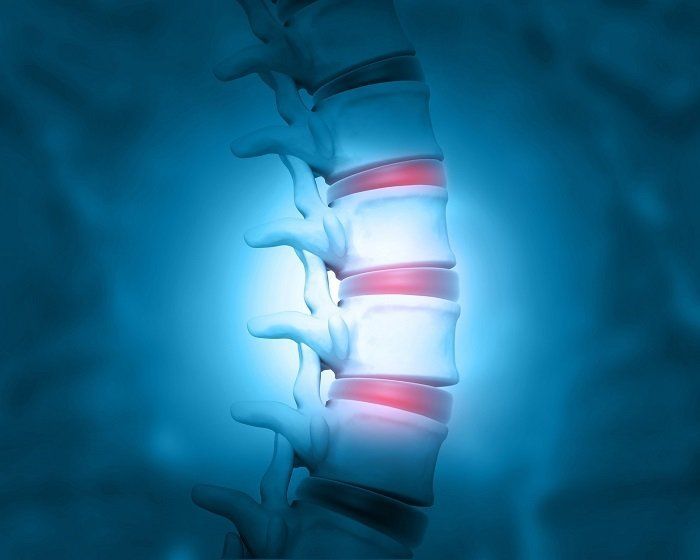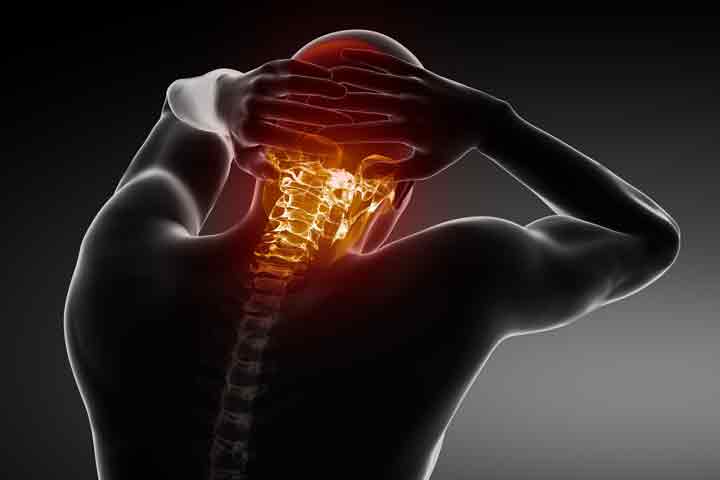3 Things to Know About Multiple Sclerosis
According to the National Multiple Sclerosis Society, there are close to an estimated 1 million adults in the country living with multiple sclerosis (MS). When someone has MS, their immune system attacks the protective covering of nerves. As a result, the nerves become damaged and communication between the brain and the body gets disrupted.
If you want to better understand this chronic, unpredictable disease of the nervous system, here are three things to know about multiple sclerosis.
1. Types of Multiple Sclerosis
Patients who eventually get diagnosed with MS first experience a neurological event called Clinically Isolated Syndrome (CIS). This event usually lasts about 24 hours.
After CIS, the patient develops one of four types of MS, which include:
- Relapsing-Remitting MS (RRMS). The most common form of MS in which there are temporary periods where symptoms either flare-up, get worse, or seem to disappear.
- Secondary-Progressive MS (SPMS). A form of MS that typically follows RRMS with symptoms steadily becoming worse over time.
- Primary-Progressive MS (PPMS). A rarer form of MS in which the symptoms slowly worsen without any relapses or periods of remission.
- Progressive-Relapsing MS (PRMS). The rarest form of MS where symptoms worsen with acute relapses but no periods of remission.
Of those diagnosed with MS, up to 85% of them are initially diagnosed with RRMS. About half of those diagnosed with RRMS will eventually get diagnosed with SPMS.
2. Symptoms of Multiple Sclerosis
The symptoms of MS can vary widely from person to person. The symptoms are also dependent upon the type of MS. It's important to note that symptoms can change over time. One of the first symptoms that people with MS experience is vision problems. These vision problems include an onset of blurred vision or pain in the eye.
Other common symptoms of MS include:
- Fatigue that interferes with the ability to work or function at home.
- Walking difficulties that include weakness and loss of balance.
- Numbness or tingling of the face or the extremities.
- Spasticity which includes painful muscle spasms and feelings of stiffness.
Some people with MS might also experience vertigo, itchiness, constipation, sexual problems, bladder dysfunction, cognitive changes, and depression.
One of the most debilitating symptoms of MS is pain. Pain associated with MS comes in the form of headaches, burning pain in the extremities, or back pain. Less common symptoms of MS include speech and swallowing problems, tremors, seizures, breathing problems, and hearing loss.
Unfortunately, because of the wide range of symptoms, MS can be difficult to diagnose. Obtaining an accurate diagnosis of MS usually involves several tests, such as an MRI, spinal tap, and evoked potential tests.
3. Treatment Options for Multiple Sclerosis
There is no cure for MS. There are, however, treatment options that can help manage the symptoms of MS, decrease pain, speed up the recovery after flare-ups, and slow down the progression of the disease.
To treat MS attacks, physicians may prescribe corticosteroids, which help to reduce inflammation. Plasma exchange can also help for severe symptoms that do not respond to corticosteroids. To modify the progression of MS, treatment options include injections, oral treatments, and infusion treatments. Physicians might also recommend physical therapy, muscle relaxants, and fatigue-reducing medications.
The appropriate treatment depends upon the severity of the disease, whether previous treatments were effective, and whether the patient has any other health issues. No matter the treatment, it's important to start it as early as possible. Early and aggressive treatment offers the best chance to lower relapse rates and reduce the risk of brain atrophy.
Have you been diagnosed with MS and are looking for ways to manage your symptoms, especially the debilitating pain? If so, contact Specialists in Pain Management. We offer a variety of pain management procedures for pain associated with MS and many other conditions.
Licensed | Bonded | Insured
DISCLAIMER: You will receive a call to remind you of your appointment. If you must cancel your appointment, we would appreciate at least 24 hours notice. No-shows may be charged a missed appointment fee of $25. Please bring your insurance card, a picture ID and your current medications to each visit.
CONTACT INFORMATION
Chattanooga Location
Address: 281 N. Lyerly St, Suite 200,
Chattanooga, TN 37404
Fax: 423-698-0511
Ooltewah Location
Address: 4957 Swinyar Drive, Suite 101,
Ooltewah, TN 37363
Fax: 423-362-7778
Phone: 423-698-0850
Cleveland Location
Address: 862 Callen Ln, NW Suite 110
Cleveland, TN 37312
Fax: 423-698-0511
Business Hours:
Chattanooga Location
- Mon - Fri
- -
- Sat - Sun
- Closed
Appointments Available
Ooltewah Location / Cleveland Location
- Mon - Thu
- -
- Fri - Sun
- Closed




CareCredit, Most Major Insurances Accepted
OUR LOCATION
Chattanooga Location
Ooltewah Location
Cleveland Location













